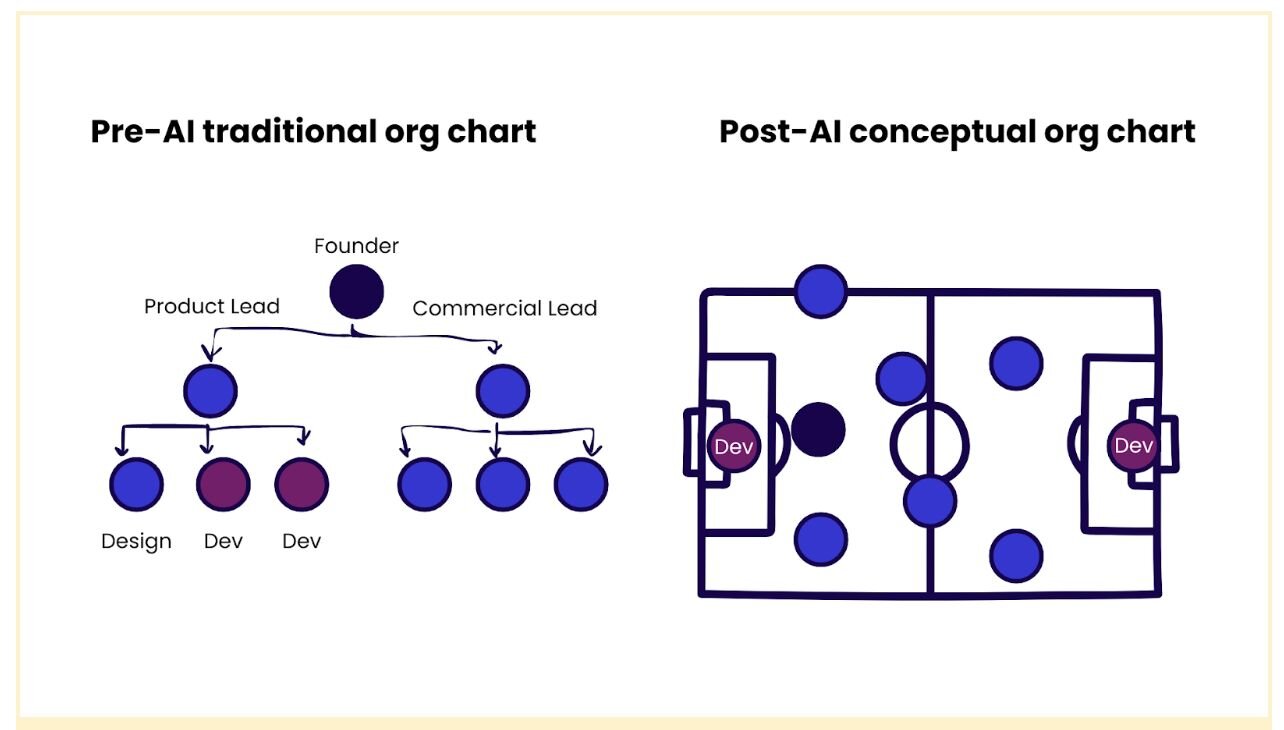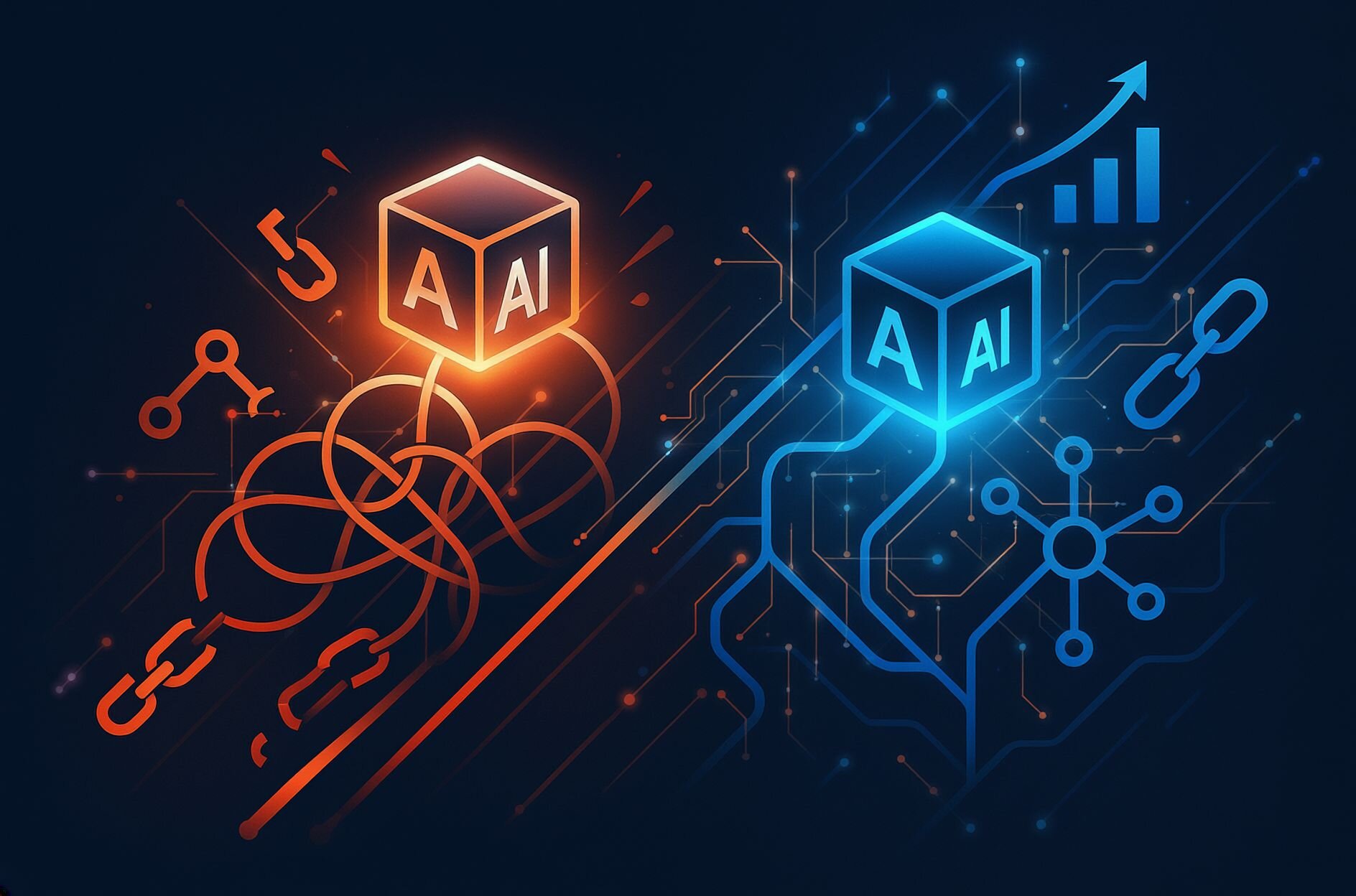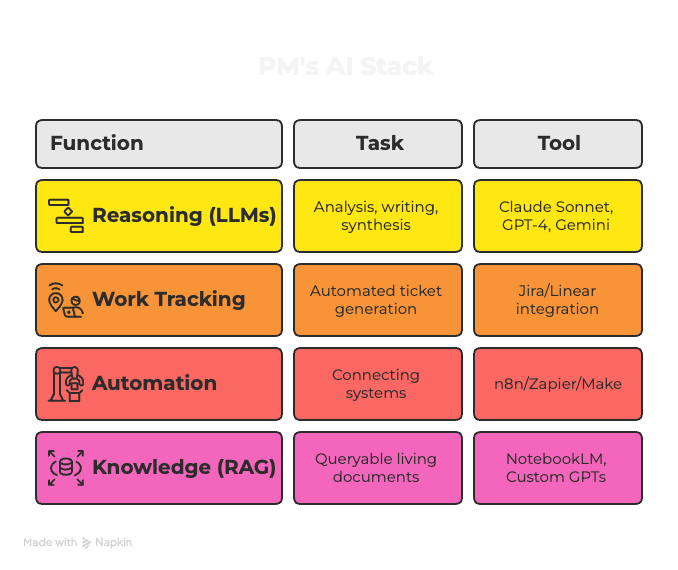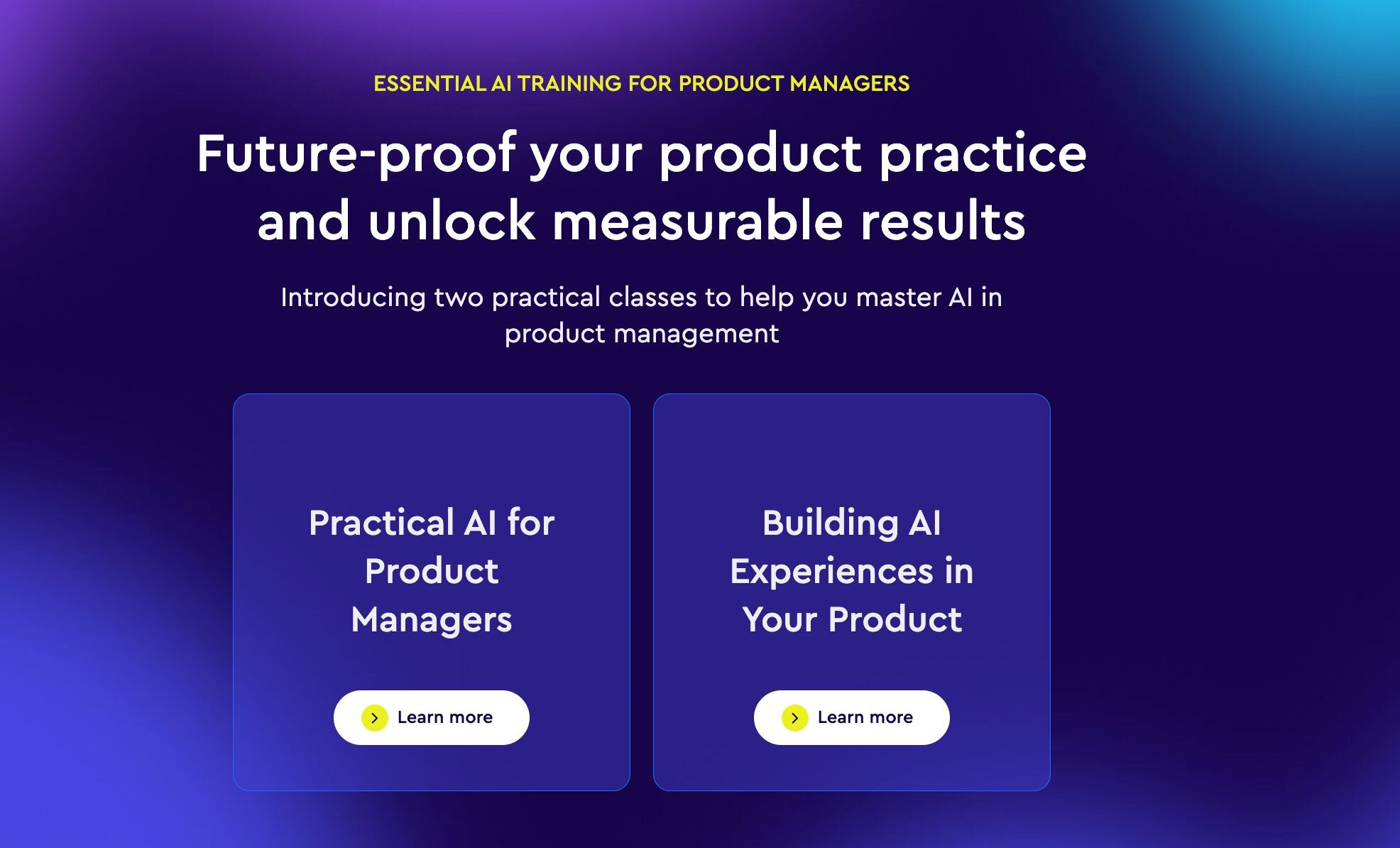Jenessa Lancaster is a data scientist at Ocado Technology. In this ProductTank London talk, she discusses the importance of communicating data concepts to non-specialist audiences.
We live in promising times for data science in business development. Many organisations are increasing investments to their data science and machine learning departments, acknowledging the valuable insights that these areas offer, particularly in terms of problem solving. But there is still a gap between the work of data scientists and the engagement of the wider team; sometimes, it simply comes down to a lack of conversation. For Jenessa, communicating to non-technical, non-specialists is a crucial part of the job, and this is why she believes it is important…
Data Science in Business
Data science is a multi-disciplinary role, and data scientists come from many different backgrounds (computer science, analytics, and mathematics to name a few). In business, data scientists come together and act as the interface between technical people and a domain problem, just as product owners do. The job of the data scientist is to translate between these fields while trying to learn about the domain as much as possible: then, apply the data and find ways to make changes and progress. Jenessa believes that spreading awareness of data science will have a big impact on wider conversations in business and on the field in general. Essentially, the discussion of data can affect people’s perceptions of AI and machine learning, which may inspire great changes in company culture and resource allocation. According to Jenessa, the more we talk about data concepts, the more we can put it on people’s radar as we strive towards data-driven cultures that promote smart solutions.
Communicating Data Science
In business and retail, as a data scientist you may have a certain idea about how you think a business problem could be solved. In order to convince others of your solution, or prove that data and machine learning is valuable for your business, you may have to advocate for your work. Jenessa explains that experiments can be instrumental in generating proof of your concepts, and are very useful when relaying information to the wider business. She aims to demonstrate how solutions can be robust, reliable and repeatable based on data, but her work does not stop there – she shares the results with as many of her colleagues as she can. Her belief? “Don’t skip the technical conversations – share the knowledge, enthuse others,” because it is bound to make a difference.






